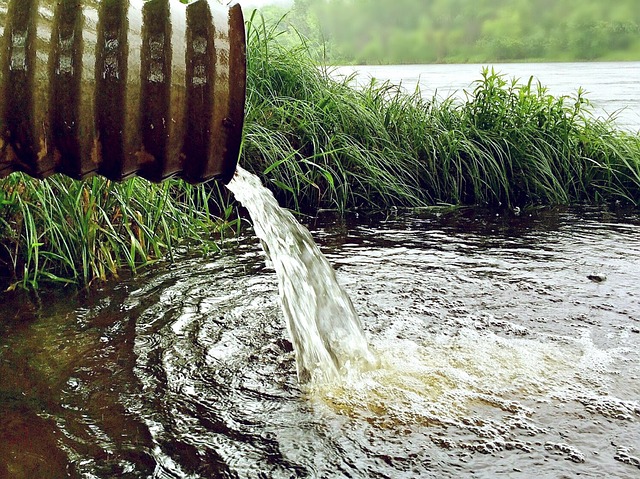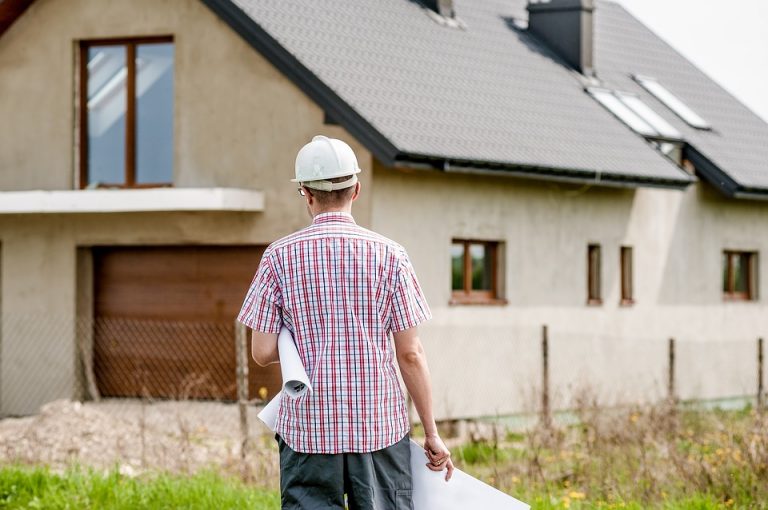
Concerns about global warming and greenhouse gas emissions are fueling the growing demand for better sustainability and environmental protection for businesses and homeowners. In fact, demands from the private sector are influencing the focus on green building and development so much that many universities are now offering online civil engineering degrees with specialized focuses on green technologies. These technologies are used everywhere from your thermostat at home, to the kinds of gas you put in your car. Students who major in green tech and environmental change work everywhere from cities and governments down to housing and construction companies.
Developing environmentally friendly building materials and technologies is important, but you don’t need a degree to commit to finding better ways to recycle and reuse materials at home. Working on reducing your own waste output is one of the best ways to reduce your carbon footprint and protect the earth and your environment. All it takes is a little knowledge and extra time.
Consumerism Drives Waste Production
“Out with the old, in with the new” has become more than just a phrase. We have increasingly become more consumeristic as a society over the last few decades and that is shown in how much waste goes out. Something tears or breaks? It’s easy to hop in the car or surf the internet to quickly buy a replacement. A new model of your favorite electronic device is unveiled? We have to have the new one! The downside to our excessive consumerism is the sheer volume of waste that is created to package products, and it extends far past our obsession with gadgets. Our everyday household product use adds to the demand for increasingly larger landfills as well.
Pay attention to what you throw away. Can you reuse that plastic wrap or baggy just one more time? How about using those old cans and containers to hold supplies instead of buying new, decorative ones. Keep track of your household items and only throw away things that have been reused at least a few times. Often finding another use for what would be trash is the perfect compromise to put out less waste.
Recycling Isn’t Enough
Most Americans are concerned about their carbon footprint and take active measures such as recycling in order to reduce it. In fact, according to the Environmental Protection Agency, while each person in the U.S. generates about 4.40 pounds of waste per day, we also recycle and compost 1.51 pounds of that trash. That’s a great contribution, but what about the other 2.89 pounds of waste? In order to effectively reduce the amount of waste we generate, we need to do more than recycle. Here are some ways you can reduce your total daily waste generation:
- Purchase concentrated forms of dish soap, cleaning products, and laundry detergents, and look for refillable options.
- Choose refillable, reusable, or returnable products instead of single-use items.
- Eliminate unwanted mail. The average American receives over 30 pounds of unsolicited junk mail every year. Contact the sender and demand to be taken off their mailing list.
- Bring reusable bags when shopping and reusable containers for storing leftovers and packing lunches.
- Compost your food scraps. Food waste can be mixed in with leaves and yard trimmings in your compost heap or bin.
- Buy in bulk, or buy large containers of products. Smaller, individually wrapped items and single-serve products such as snack packs create a lot of waste, especially when they are double-packaged in quantity. Instead, buy snacks, juice, and other foods in bulk and use reusable containers and bottles for portability.
- Shop at second-hand stores. From small appliances to gadgets to clothing and household items like linens, thrift stores provide quality, gently-used items without excess packaging. Have unwanted items? Donate them to a charity shop rather than discarding them.
Just looking at different ways of preserving your things is a perfect compromise. In addition to recycling and reusing items, being mindful of how much packaging your household consumes can help you reduce the amount of waste that enters your home and eliminate the need to dispose of it. Look at where your biggest amounts of waste and trash come from and work backwards if that helps.
With a little forethought and planning in your daily items, you can significantly reduce the waste that comes out of your home and downsize your carbon footprint. You can use these ideas and much more to help get you started in reducing your waste. Colleges like Norwich University offer more than green degrees as well. Talk to your local campuses to see if they do electronic recycles or if you can contribute to a community garden. Sometimes your city or local parks have recycling programs set up as well. If you just take the time to look you can find many ways to reduce waste.





Leave a Comment